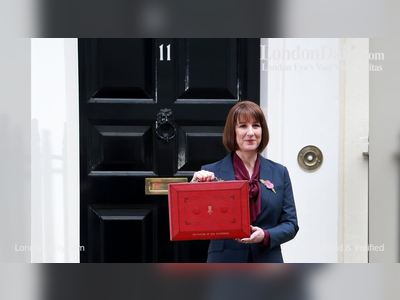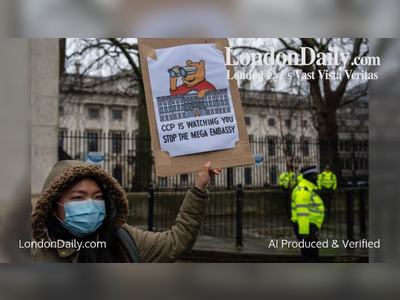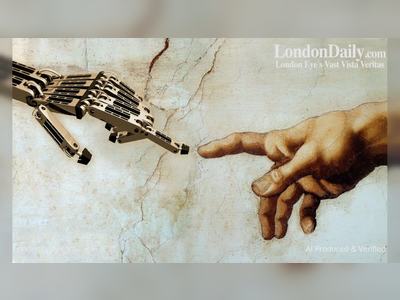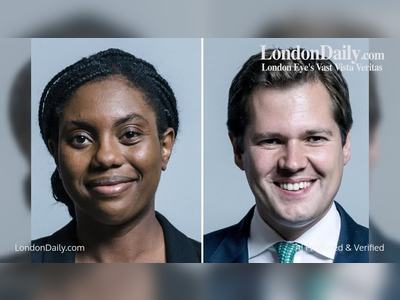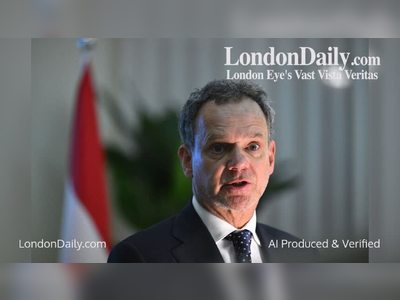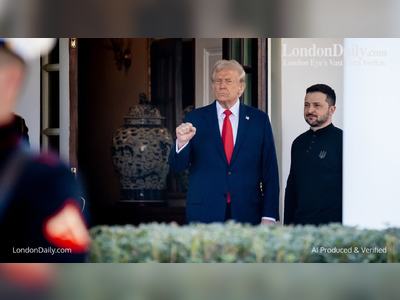A 150-Year Tradition to Be Abolished? Uproar Over the Popular Central Park Attraction
Central Park management has joined animal rights activists in calling to end horse-drawn carriage rides, citing safety and infrastructure concerns, while drivers warn of the loss of a historic New York tradition.
For more than 150 years, horse-drawn carriages have been part of the landscape of Central Park in Manhattan, serving as a romantic symbol that attracts tourists from around the world.
Now, the body managing the park has aligned itself with animal rights activists and expressed support for abolishing the attraction.
According to park management, carriage rides are no longer safe in an era when millions of visitors use the grounds daily by bicycle, on foot, and while jogging.
In a letter sent to the City Council, the management declared its support for ending the attraction as early as next summer.
The letter argued that carriages have a significant impact on public safety and on the infrastructure of the 843-acre park.
“We cannot remain stuck in time,” said Elizabeth Smith, the organization’s chief executive, in an interview this week.
“Horses are unpredictable, and the paths are overloaded with too many types of users — cyclists, runners, pedestrians, baby strollers, and more.”
Smith noted that other cities have already ended nostalgic carriage rides: San Antonio approved a plan last year to close the industry within five years, Chicago banned it in 2021, and Montreal the year before.
Animal rights organizations have long warned that horses are easily startled in the park’s streets, which could lead to accidents and injuries.
They argue that the animals are overworked, endure poor living conditions, and that drivers violate municipal regulations, such as failing to use proper waste collection equipment.
“There is no way to ensure carriage operations are safe,” said Edita Birnkrant, chief executive of NYCLASS.
“No regulation will change that. We have tried again and again.”
The call from park management to halt carriage rides followed the collapse of a horse earlier this month near its stable, with images and video circulating widely on social media.
However, the letter to the Council did not address living conditions, focusing instead on safety concerns.
Management pointed to two recent incidents: a horse that bolted uncontrollably through the park, and two horses that broke loose, collided with rickshaws, and injured a driver.
Currently, 68 carriage owners, around 200 horses, and about 170 drivers operate in Central Park, according to the Transport Workers’ Union representing employees.
The park receives about 40 million visitors annually, many of whom rent bicycles or ride rickshaws at its entrances.
Motor vehicles have been banned from the park since 2018.
Carriage rides are a costly attraction, with tours around the park priced at 120 dollars per carriage, while extended rides into the city can reach 240 dollars.
Carriage drivers argue that they are being unfairly targeted and stress that the park’s design originally envisioned winding paths intended for carriages.
Owners and drivers also maintain that their horses enjoy comfortable lives compared with the harsh conditions of the farms from which they were purchased.
Under city regulations, every horse undergoes veterinary checks twice a year, with a maximum working age of 26.
Horses may work up to nine hours a day but are barred from service if temperatures exceed 32 degrees Celsius, or 27 degrees in high humidity.
They are also not permitted to operate below seven degrees or in extreme weather.
Each horse must take a five-week vacation annually outside the city, with daily access to pasture.
“My horses live well,” said Onur Altintas, a veteran carriage owner.
City Council Speaker Adrienne Adams declined to say whether the proposal would even come to discussion or a vote.
A spokesperson for Mayor Eric Adams, Zachary Nussenshuck, said city officials would meet with carriage owners’ representatives to discuss the issue, noting that the current mayor’s predecessor failed for eight years in attempts to abolish carriage operations in the park.
Former Mayor Bill de Blasio promised in his 2013 campaign to close the industry “on my first day in office,” but faced resistance in the Council and the outspoken opposition of actor Liam Neeson, who has remained a vocal supporter of the industry.
